SUMMARY
This is AI generated summarization, which may have errors. For context, always refer to the full article.
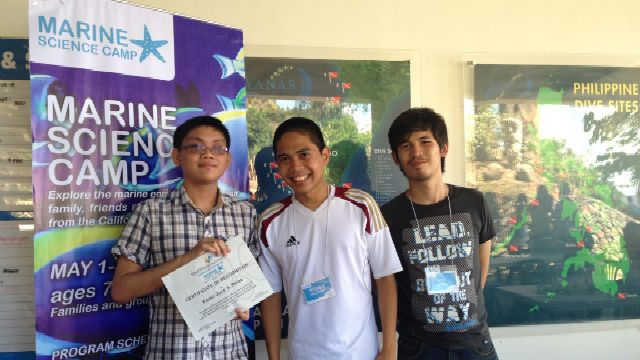
MANILA, Philippines –The Mind Museum, in partnership with the California Academy of Sciences (CAS), conducted a Marine Science Camp from May 1 to 3, 2014 at the museum and Aiyanar Beach and Dive Resort in Anilao, Batangas. The Mind Movers or the museum’s resident scientists also co-facilitated the Marine Science Camp together with CAS.
The two science institutions wanted to give families and young explorers firsthand experience in the richness of Philippine marine life. “The California Academy of Sciences has been conducting research on Philippine coral reefs for over 20 years, helping document the amazing biodiversity and sharing the results to promote education and conservation,” said Meg Burke, CAS Director of Teacher and Youth Education. “We are excited to be collaborating with The Mind Museum to help families experience the reefs firsthand, while learning about their biology, diversity and conservation,” she added.
The Marine Science Camp gave young explorers a deeper appreciation for marine biodiversity through interactive activities such as build your own corals out of pastries and a “wet” show and tell with live creatures and corals sourced from Aiyanar’s house reef. The highlight of the camp was the CAS-guided snorkeling activity in the resort’s cove in search of the different marine life spoken about earlier.
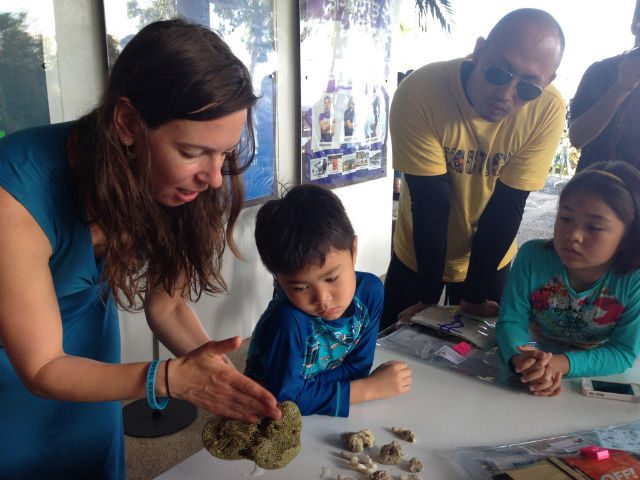
Hands-on experience
Paolo Perez, an incoming freshman at the University of San Carlos in Bacolod City, said that he joined the camp after seeing a Facebook post. His interest in marine science brought him to the auditorium of The Mind Museum and thus began his journey to learning more about biodiversity.
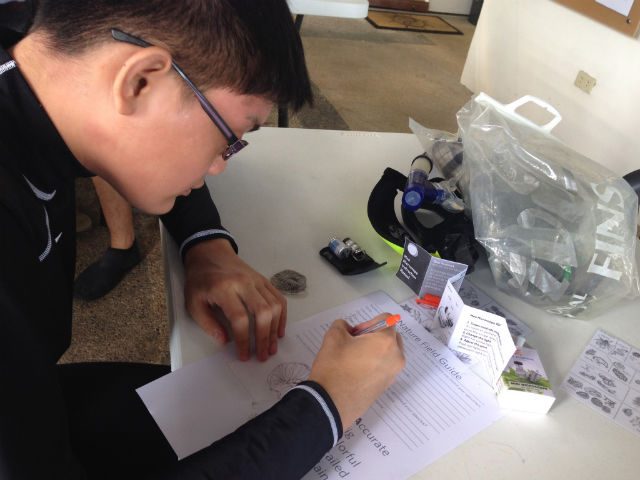
“Day one of Marine Science Camp was a basic orientation on the principles of oceanography and marine science, encompassing all three of the major branches of science- biology, chemistry, and physics. The second part of camp demanded an early start: we piled into a bus at the pre-dawn hour of 5 am, arriving in Batangas at 8:30 am, an hour ahead of time, which most of us used to get acquainted with the general area,” Perez shared.
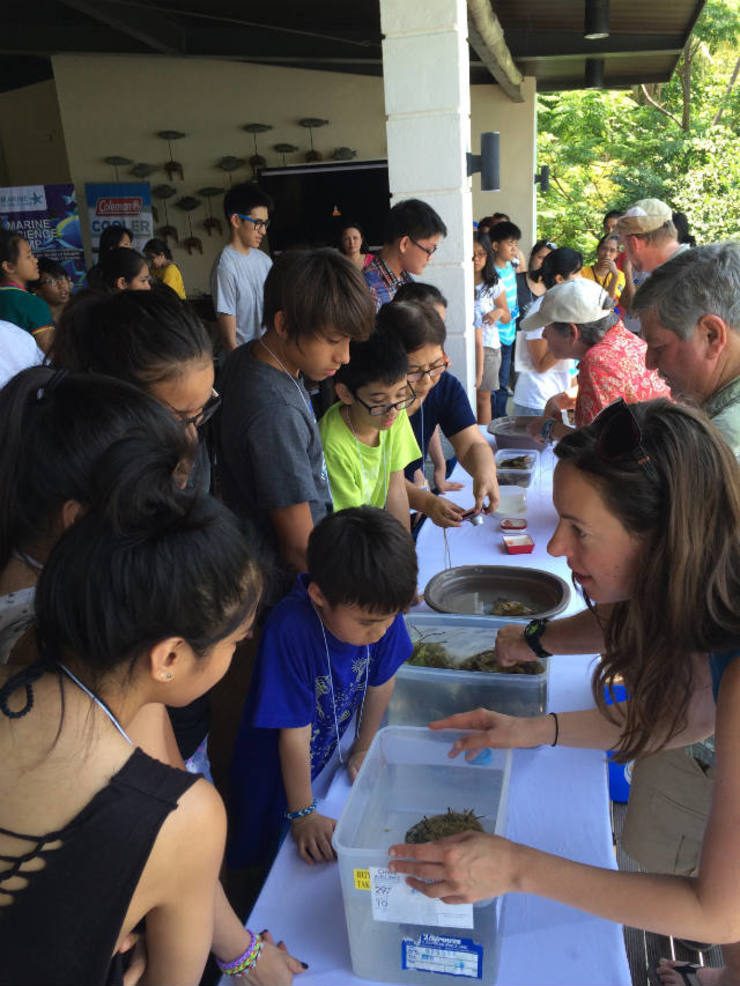
“The first part of the morning was spent analyzing coral skeletons and algal microorganisms through a pocket microscope; the second part had us don our snorkels and fins.” Shore entry was safe and easily accessible due to the resort facilities, making it ideal for participants of all ages.
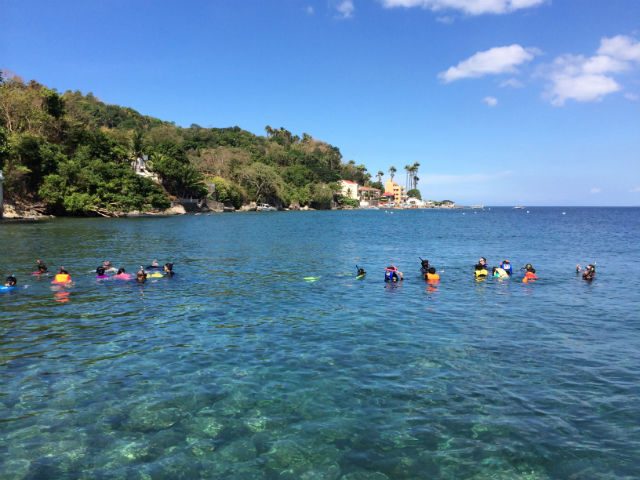
He also said that the camp helped him develop an even deeper interest in marine biology. “The bus ride back [home] seemed to take forever, but I realized that I had been bitten by the classic scuba diver’s lament: the first thing you think about when you get out of the water is yearning for the next time you can get back in.”
“The Mind Museum and the California Academy of Sciences deserve a warm round of thanks for putting something so inspiring together, and with it teaching us what science is really about.” – Rappler.com
For more information on The Mind Museum, visit their website here.
Add a comment
How does this make you feel?





There are no comments yet. Add your comment to start the conversation.